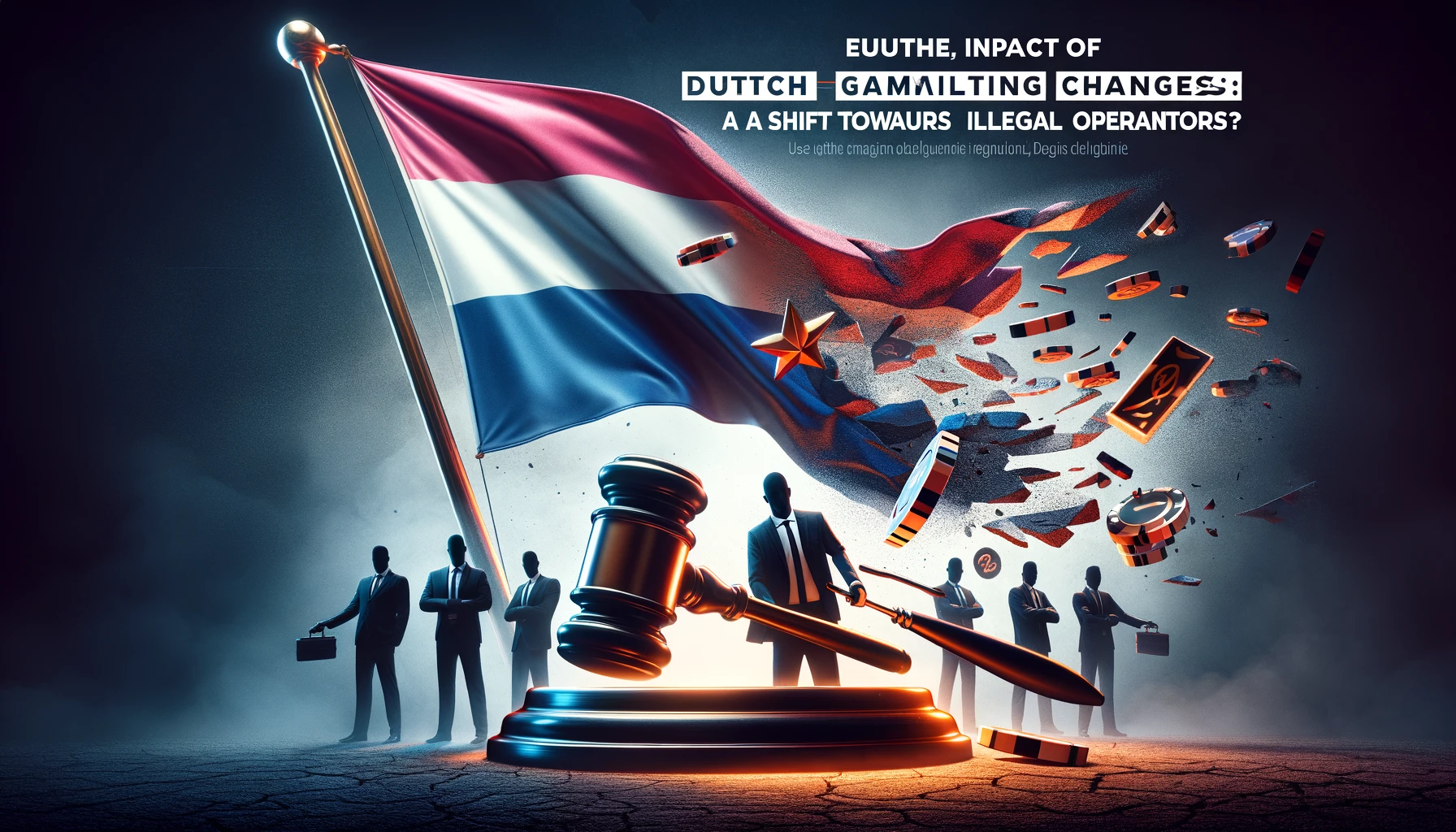BERLIN/PARIS, June 24 (Reuters) – France, Germany, and Poland have announced a strategic plan to jointly acquire longer-range precision weapons, addressing a critical capability gap in European arsenals highlighted by Russia’s ongoing war in Ukraine.
During a press conference on Monday, the defence ministers from the three nations emphasized the importance of establishing a framework to procure “deep precision strike weapons”, such as cruise missiles. This initiative is open for participation by other European powers, promoting a united front in enhancing Europe’s defence capabilities.
The resurgence in the importance of cruise missiles, which boast ranges of several hundred kilometres, has been notable since Russia’s large-scale invasion of Ukraine in 2022. Moscow’s cross-border strikes and Ukraine’s retaliatory measures have underscored the strategic value of these weapons.
German Defence Minister Boris Pistorius, after a meeting with his French and Polish counterparts in Paris, stressed the urgency of this initiative, marking the first high-level session of the Weimar Triangle since 2015. Pistorius stated, “Deep precision strike weapons are a serious capability gap in Europe.” He added that by the NATO summit in Washington, a coalition of European countries with similar interests aims to close this gap in the medium to long term.
The initial formal action will be the signing of a letter of intent at the upcoming NATO summit in July. French Defence Minister Sebastien Lecornu explained that this letter would assess the existing long-range capabilities of various countries and companies. Unlike ballistic missiles, cruise missiles fly at low altitudes, making them less detectable by radar systems.
Currently, Europe’s stockpile of cruise missiles consists of older and more costly systems like Britain’s Storm Shadow, France’s Scalp, and Germany’s Taurus. There is ongoing debate about supplying these to Ukraine due to concerns that their use in strikes deep within Russian territory could escalate the conflict into a broader regional war.
Germany has so far resisted calls to send the Taurus missiles to Ukraine, while London and Paris have supplied Kyiv with their cruise missiles. In January, France committed to increasing deliveries of the Scalp, capable of travelling 250 km, with the understanding that these could potentially be used against targets within Russia.






